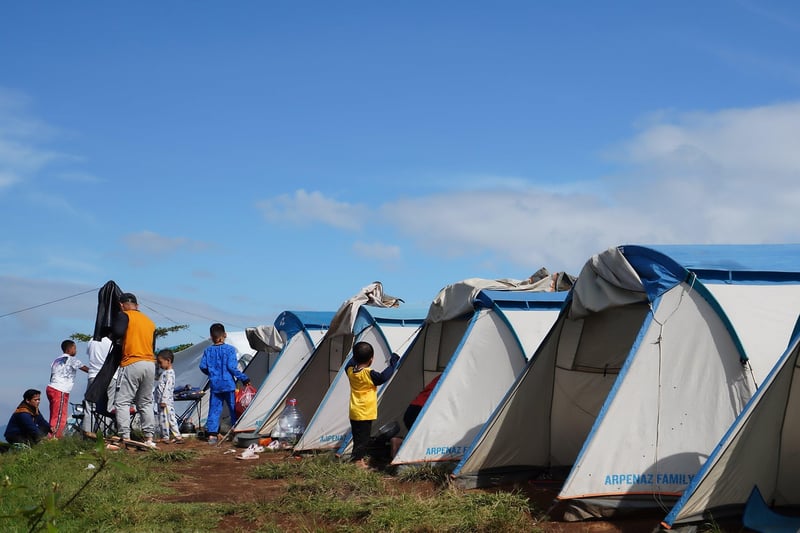Safety Guidelines
Exploring the Great Outdoors: Useful Information and Safety Guidelines
Introduction
Whether you are an avid hiker, a camping enthusiast, or a nature lover, spending time in the great outdoors can be a rejuvenating experience. However, it's essential to be well-prepared and aware of safety guidelines to ensure a enjoyable and safe adventure. Here are some useful tips and information to help you make the most of your outdoor escapades:
Useful Information
1. Choose the Right Gear
Invest in high-quality gear suitable for your outdoor activities. Make sure to pack essentials like a first aid kit, navigation tools, appropriate clothing, and sufficient food and water for your trip.
2. Know Your Route
Before heading out, familiarize yourself with the trail or route you plan to take. Obtain maps, trail guides, and information about the terrain to avoid getting lost.
3. Leave No Trace
Practice Leave No Trace principles by minimizing your impact on the environment. Pack out all trash, stay on designated trails, and respect wildlife and vegetation.
4. Stay Hydrated and Nourished
Stay hydrated by drinking plenty of water throughout your outdoor adventure. Pack lightweight, high-energy snacks to keep yourself fueled during your activities.
5. Emergency Preparedness
Be prepared for emergencies by carrying a whistle, a flashlight, a multi-tool, and a fully charged phone. Inform someone about your plans and expected return time.
Safety Guidelines
1. Weather Awareness
Check the weather forecast before heading out and be prepared for changing weather conditions. Dress in layers and carry rain gear if needed.
2. Stay on Designated Trails
Stick to marked trails to avoid getting lost or damaging fragile ecosystems. Off-trail hiking can lead to accidents and harm to the environment.
3. Wildlife Caution
Respect wildlife from a safe distance and avoid feeding or approaching animals. Be aware of potential encounters and know how to react in different situations.
4. Campfire Safety
Follow local regulations when building campfires. Keep fires small, never leave them unattended, and fully extinguish them before leaving the site.
5. Group Travel
If possible, travel in a group for safety and companionship. Keep an eye out for each other and have a plan in case of an emergency.
Conclusion
By following these useful tips and safety guidelines, you can have a memorable and safe outdoor experience. Remember to respect nature, be prepared for any situation, and enjoy the beauty of the great outdoors responsibly.



For more outdoor safety tips and guidelines, visit National Park Service.
